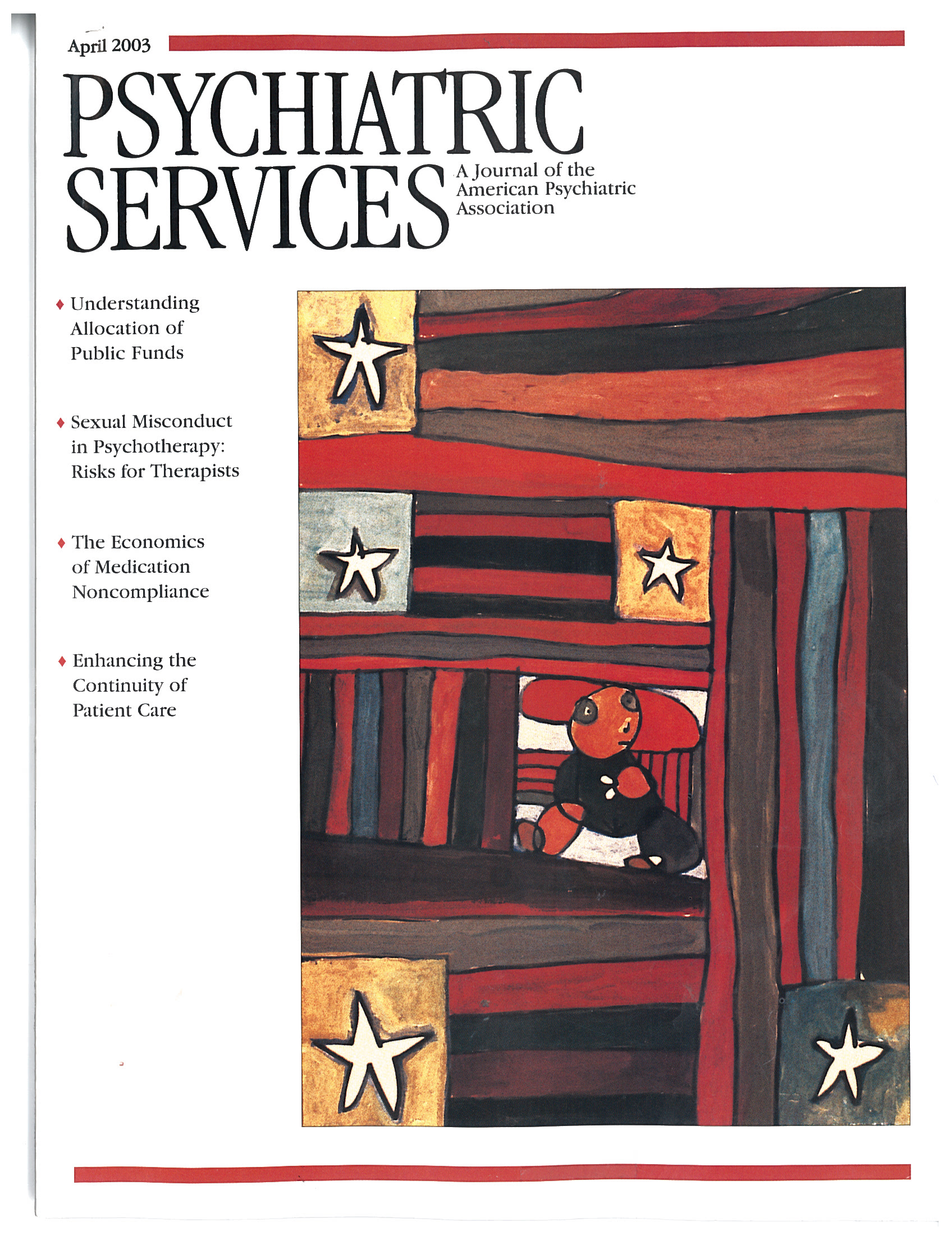Using Qualitative Methods to Distill the Active Ingredients of a Multifaceted Intervention
Abstract
Mental health studies frequently involve multifaceted psychosocial interventions. It may be difficult to isolate the active ingredients that make these interventions successful. This study examined the use of qualitative methods to better understand the content of one of these interventions and to help elucidate the links between the care process and health outcomes. A series of five focus groups were convened at a site remote from a model primary care clinic for veterans. Transcripts of the focus groups were analyzed to identify themes and categorize results for patients with serious mental disorders. Three themes emerged from the groups: the difficulty patients had previously faced in obtaining medical care, the flexibility and availability of resources that defined the clinic culture, and organizational restructuring that allowed enhanced communication. Qualitative methods can be a useful means of "unpacking" multifaceted mental health services interventions. These methods may make it possible to refine and disseminate these models more widely.



